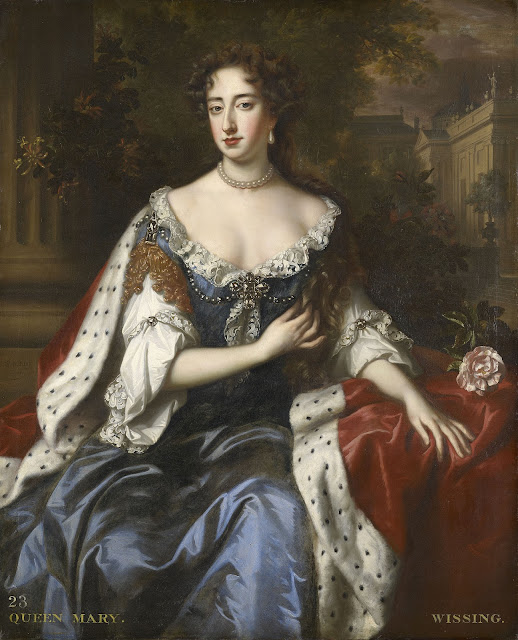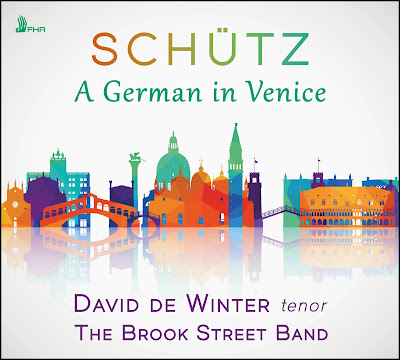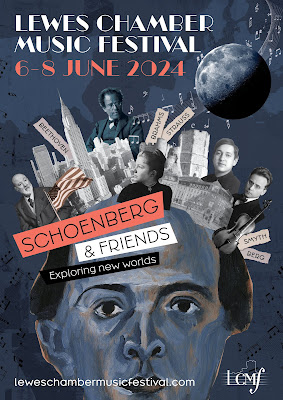 |
| Stéphane Fuguet & Les Épopées (Photo: Pascal Le Mée) |
In June 2024, harpsichordist, conductor and director, Stéphane Fuguet and his ensemble, Les Épopées are releasing their recording of Monteverdi's L'Orfeo on the Château de Versailles Spectacles label with tenor Julian Prégardien in the title role. This is the second of the ensemble's survey of Monteverdi's operas on disc, they released Il ritorno d'Ulisse in Patria in June 2022, and L'Incoronazione di Poppea will follow in April 2025. In March 2024 the ensemble released, also on the Château de Versailles Spectacles label, the final volume of their survey of the complete Grands Motets by Jean-Baptiste Lully.
Stéphane comments that every conductor has their own ideas for L'Orfeo. He is intensely interested in the approach to declamation in this period of opera, the particular combination of melody and text in Monteverdi's recitar cantando (speaking through singing). He has heard this music done almost as if the singer were speaking, and this willingness to explore is something that characterised their recording of Il ritorno d'Ulisse in Patria and continues in the new release. But there are other areas too, where the surviving printed materials do not give us the whole picture, performers need to make decisions and choose their approach.
Stéphane points out that whilst the score indicates what instruments are to be used, the musical material is not fully written out; at the beginning of the score there is a list of instruments which does not tally with those present in the score. For example, at the beginning of the score, three violas da gamba are mentioned, but there is never any music for the three. What to do with them? It is this gap which gives performers the space to be creative. Stéphane adds that as the instrumental writing is usually in five parts so one could use a type of broken consort, having different line-ups.
The realisation of the continuo part also gives scope and Les Épopées realise it in different ways, making use of the structure of the piece, bringing out different textures according to context, so that there are moments when Monteverdi seems to have textures that get bigger, suddenly different to a simple realisation for lirone. Additionally, everything is improvised, Stéphane never writes the music down, keeping it moving and always changing.
 |
| Stéphane Fuguet (Photo: Ludek Brany) |
Part of the attraction of the opera is the way that the character of Orfeo is touchingly human, he doubts himself and at the end turns back toward Euridice, showing a real human fragility. For the title role, Stéphane was looking for a singer who could do something fragile, at different moments murmuring and screaming. Stéphane has known Julian Prégardien for around a dozen years and admires him because whilst his voice can be very sunny, round and emotional, he is also willing to try things out, there are no limits.



.jpg)








.jpg)







%20CREDIT%20Tyler%20Whiting.jpg)








.jpg)







